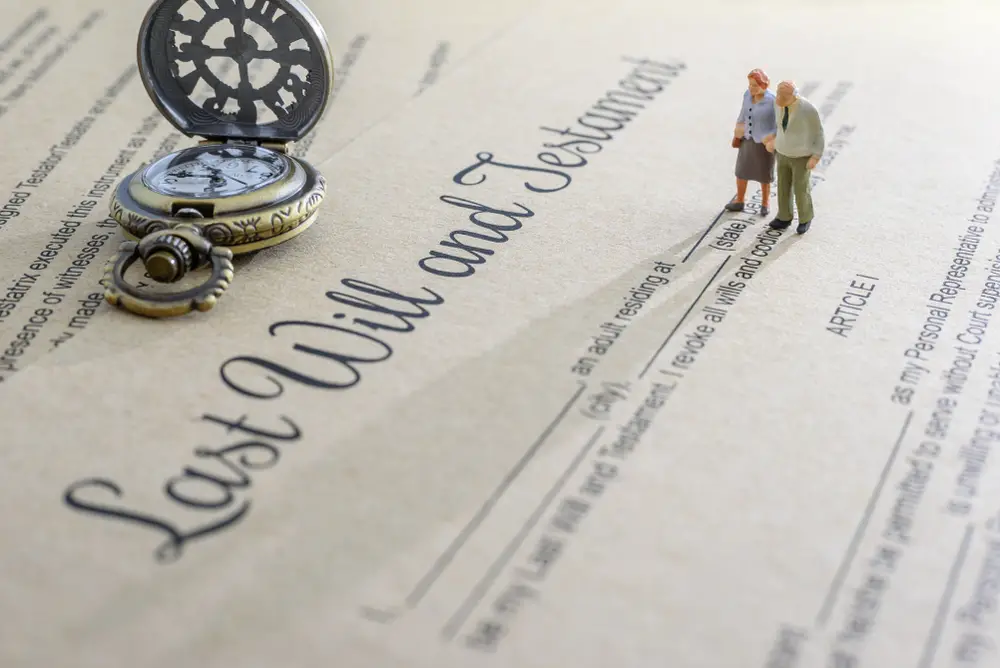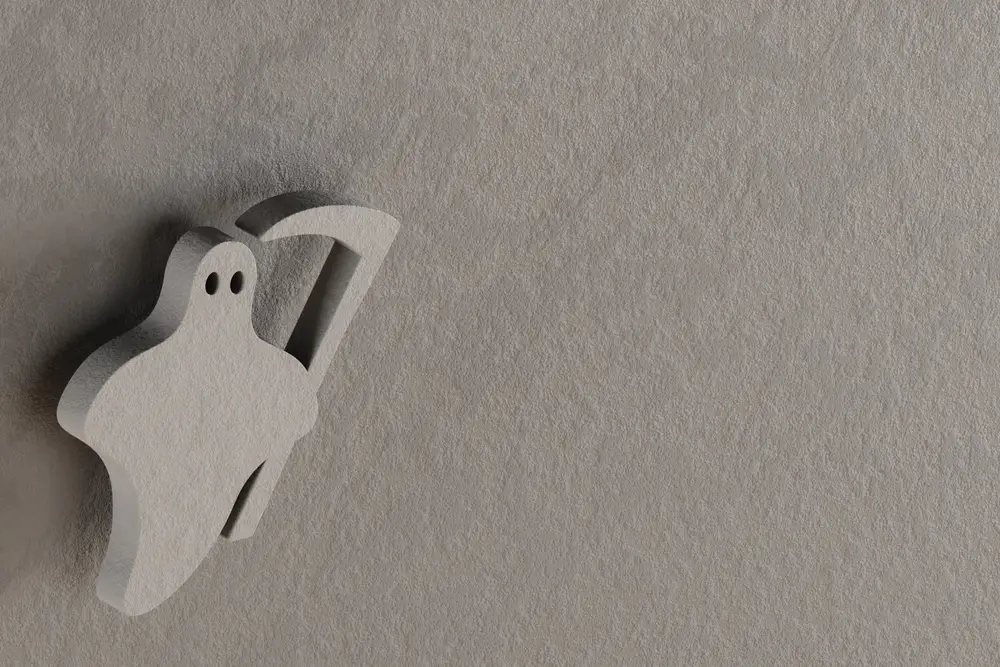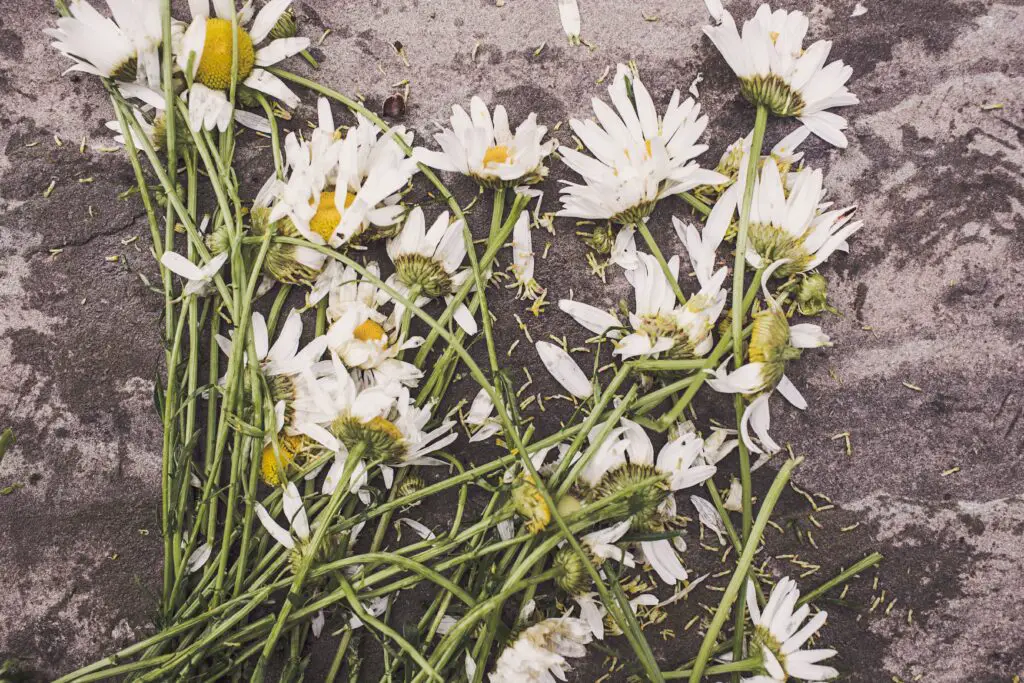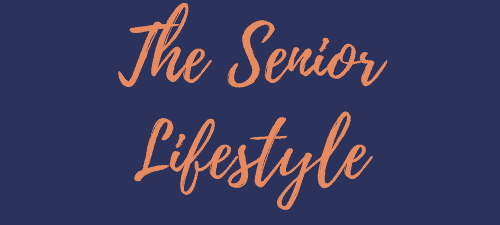
Never having been a long-term planner, I cannot see myself happily planning my own funeral. But these days we are inundated with messages about what a joy it is to make one’s final arrangements. We’re told it’s the considerate thing to do and there are funeral planners ready and willing to instill a little guilt.
mortality is something we frequently joke about, as in: “I was so embarrassed I wanted to die,” but do we ever sit around and contemplate or discuss mortality? Is it fair? Did someone get this one wrong? Should we accept it? Is there an alternative? And if not, where can we protest?
When I have seriously considered the subject of dying, I have at times thought that the best place to die would be in an operating theatre on a metal table, preferably anesthetized and solidly under. Death would then come as a complete surprise and I could live with that. I cannot see myself sitting at my kitchen table happily planning my own funeral.
One of my favorite uncles once told me his desire for burial was for someone to dump him into the garbage can head first, feet sticking out, preferably close to pick-up day, and be done with it. His son, my cousin who lived directly across the street and whose living room window faced that scene wasn’t impressed with his father’s directive, but that was all the ceremony Uncle wanted. The funeral industry wouldn’t be impressed either, but how many of us hold similar views?
It’s About Mortality
Today’s media is chock full of ads showing people who are simply over the moon as they plan their last rites. They’re happily smiling and have birds tweeting their approval outside an open window.
However, many senior boomers are still figuring out what they want to be when they grow up. Still recovering from the shock of their suddenly a senior realization, they’re now being told it’s funeral time and get with the planning while you still can.
Hold the phone. Are we really there yet?
Yes, the Stoics remind us: Memento Mori.
Funeral homes tell us it’s a matter of consideration and thoughtfulness to have every detail of THE END planned in advance. We wouldn’t want to depart unexpectedly and leave a mess behind. I get that but I still can’t get past the mortal part.
Resignation to mortality comes more easily to people of faith who have a tendency to up their church attendance as they age. I assume increased attendance is seen as some form of insurance guaranteeing the promised land will materialize?
Not being a person of faith I prefer living on the edge, forsaking repentance, and hoping there is no hell waiting.

Agnostics And Atheists Eschew Elaborate Farewells
Throughout my life, my closest friends have been agnostics like me or ardent atheists. Most don’t want a funeral in any form. They just want to disappear and not become a high-paying customer, departed, no less, to the ever-profitable funeral industry.
And let’s be clear: attending the dead is a profitable business model, never experiencing supply chain issues or lack of inventory. The average funeral cost in Canada is between $5000 – $10,000. Cremation runs $2000 – $5000. No matter the cost, funerals in my view, spartan or lavish, are ghoulish. Why can’t we just evaporate when we die instead of this ashes-to-ashes and dust-to-dust thing? So much more eco-friendly and cost-effective.

Wouldn’t You Rather Just Fertilize A Tree?
Actually, eco-friendly alternatives are becoming more popular and there are a multitude of options available. Some folks opt for cremations, green funerals, or being buried in your own backyard or someone else’s. Having your ashes scattered on some body of water, or a mountaintop is popular. Some people want to reside in an urn while others are okay with fertilizing a tree. Some people donate their body to medical science and are then cremated for free.
Does having numerous options for burial make contemplation of one’s mortality any easier? Not for me they don’t.
Does planning a celebration of life vs planning a funeral make acceptance any easier? To quote Hamlet Act III, Scene III, Line 92, “No.”
Apparently, I am not alone in my aversion. Only 1 in 3 Americans have formalized instructions involving living wills, end-of-life wishes, and naming Powers of Attorney. Only 1 in 5 have had a conversation with family members regarding final wishes. No one wants to go there.
Millennials Are the Death-Positive Generation
Millennials, by contrast, appear to be more accepting of mortality and may have something to teach us. Order of the Good Death was founded in 2011 by a young funeral director in Los Angeles. She decided that you could build a better mousetrap concerning death and her mission is about helping everyone die better:
“The Order is about making death a part of your life. That means committing to staring down your death fears—whether it be your own death, the death of those you love, the pain of dying, the afterlife (or lack thereof), grief, corpses, bodily decomposition, or all of the above.” This Order teaches that accepting death itself is natural, but modern culture’s death anxiety and terror are not.
Then there’s a digital app called WeCroak which reminds monthly subscribers 5 times every day that they are going to die. The hope is that this proverbial nudge in the ribs will induce people to live life more fully while they still can.
Finally, there’s a funeral service called Recompose specializing in human composting. They promote rendering a body to soil without the use of formaldehyde, cremation, casket or coffin. In lieu of releasing carbon dioxide into the atmosphere during cremation, human composting or fungi death suits are promoted.
Millennials are creating numerous other apps to help us cope with the existential dilemma of our short time on this planet. Unlike me, millennials, it seems are quite comfortable facing and dealing with death’s reality.
But Back to Happily Planning Our Own Funeral
How do we get there? To that exuberant planning stage? That one by the window under a clear blue sky with flowers blooming, and birds tweeting, How can we be that smiling couple who just signed off on all those documents marked THE END.
Maybe by realizing that life is for the living, that life is a gift, that it was there before we showed up and will be there long after our expiry date. Or, perhaps by taking a Tylenol which research has shown helps us deal with existential stress when we contemplate that thing known as “curtains.”
Still, permanent retirement is a difficult concept to swallow.
I intend to hang around a little longer, but in the meantime, my motto is life is for the living and mortality is for others.
